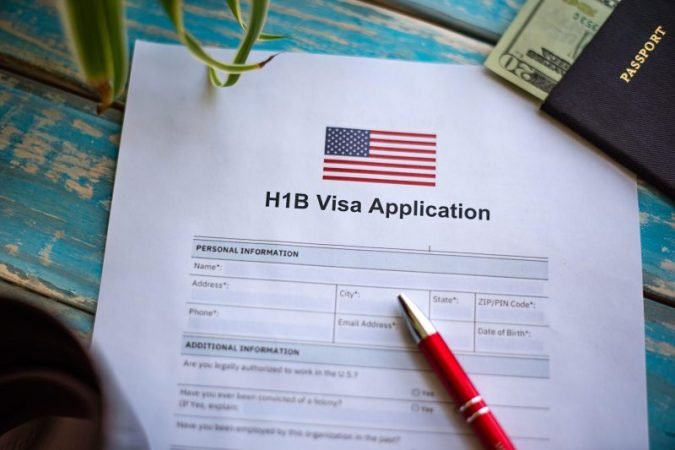US relaxes rules on H-1B and L-1 visas

In a recent move, the Trump administration relaxed some rules for consideration for H-1B visas that allowed the holders outside the United States being considered for the visa if they meet a certain set of requirements. The US Department of State notified on Wednesday.
What does relaxation of rules means?
The US State Department said in a new set of exemptions announced on Wednesday that the applicants seeking to continue their jobs in the US in the same position as previously held by them with same employees will now be allowed to continue as forcing the new employers to replace them may cause hardship. The similar set of guidelines would be applicable for L-1 visa holders.
The new relaxation will allow the senior-level workers in critical industries as health care and information. Health care professionals and the researchers who are involved in COVID related work on request by the US government will also be considered for the visa.
The US State Department issued 5 guidelines and applicants are required to meet at least two out of them to be considered for a visa. Firstly the petitioning employer has a need for the services or labour to be performed by the H-1B non-immigrant in the United States. Secondly, the applicant will make unique contributions to the employer meets a crucial infrastructure need. Thirdly wage rate initially paid to the H-1B visa applicant should exceed 50% of the prevailing wage. Fourthly the H-1B visa applicant’s education and qualification level should usually exceed the required criteria in the specific field. Lastly, the denial of the visa will cause financial hardship to the employer.
What was the June 22 proclamation made by the White House?
The move is first since the President of the United States, Donald Trump signed an executive order halting the issuance and processing of the non-migrant work visa of various types with the aim to drive out the foreigners employed in various jobs in the USA out of the country in the midst of the coronavirus pandemic. That order included the H-1B visa for the skilled workers a large proportion of which is issued to the Indians, H-1B visa holders who are seeking H4 visa, H-2B visa issued to the seasonal workers in the hospitality industries, the L-1 visa for intracompany transfer and their dependents of the L-2 visa and the J-1 visa that is issued to the students during their summer programmes.

The order raised various questions as to whether it will be sufficient to bring the economy back on the track that is facing the worst recession since the Great depression or whether it will in any way affect the India US relationship and also if it will yield any benefit for President Trump in the upcoming presidential elections scheduled for 3rd November 2020 with polls showing him trailing far behind his rival Joe Biden of the Democratic Party.
Are the relaxations good news for Indian corporations?
The relaxations announced on the H-1B visa is a sigh of relief for the Indian corporations. The previous order dated June 22 threatens to undermine the prospects of the Indian IT industry that is recovering from the damage that the COVID-19 pandemic has done. Although there are certain criteria to be met for getting the visa issued, the move by the Trump administration is definitely a good one.
The exports of India’s IT industries is a significant aspect of the bilateral economic trade between India and the US. The US State Department issued 5 guidelines and applicants are required to meet at least two out of them to be considered for a visa. The imports by the US from India in 2018 was an estimated $29.6 billion. It was one 134% more than in 2008. Until June the US issued 85000 H1B visas on an annual basis out of which 20000 went to undergraduate students and 65000 to the private sector employee. The Migration Policy Institute estimated that as a result of the June 22 proclamation of the White House some 219000 workers would be affected. The Indian government’s response was muted in response to the ban on the visa issuance placed the Trump administration.


















